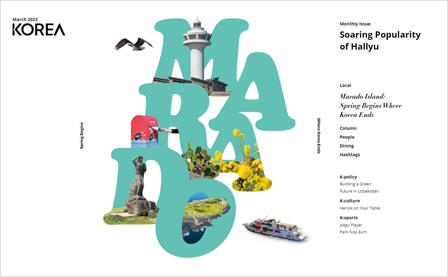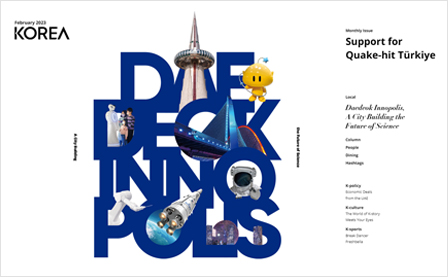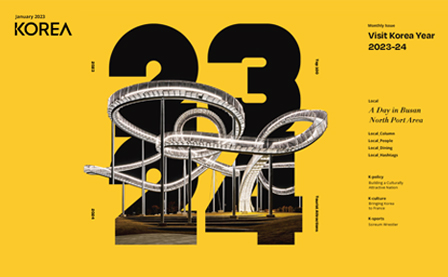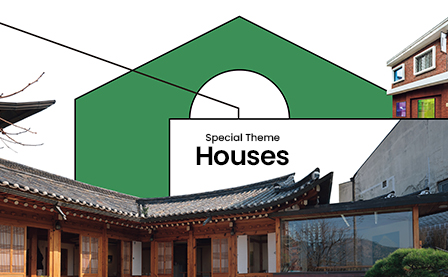April 2023

K-policy
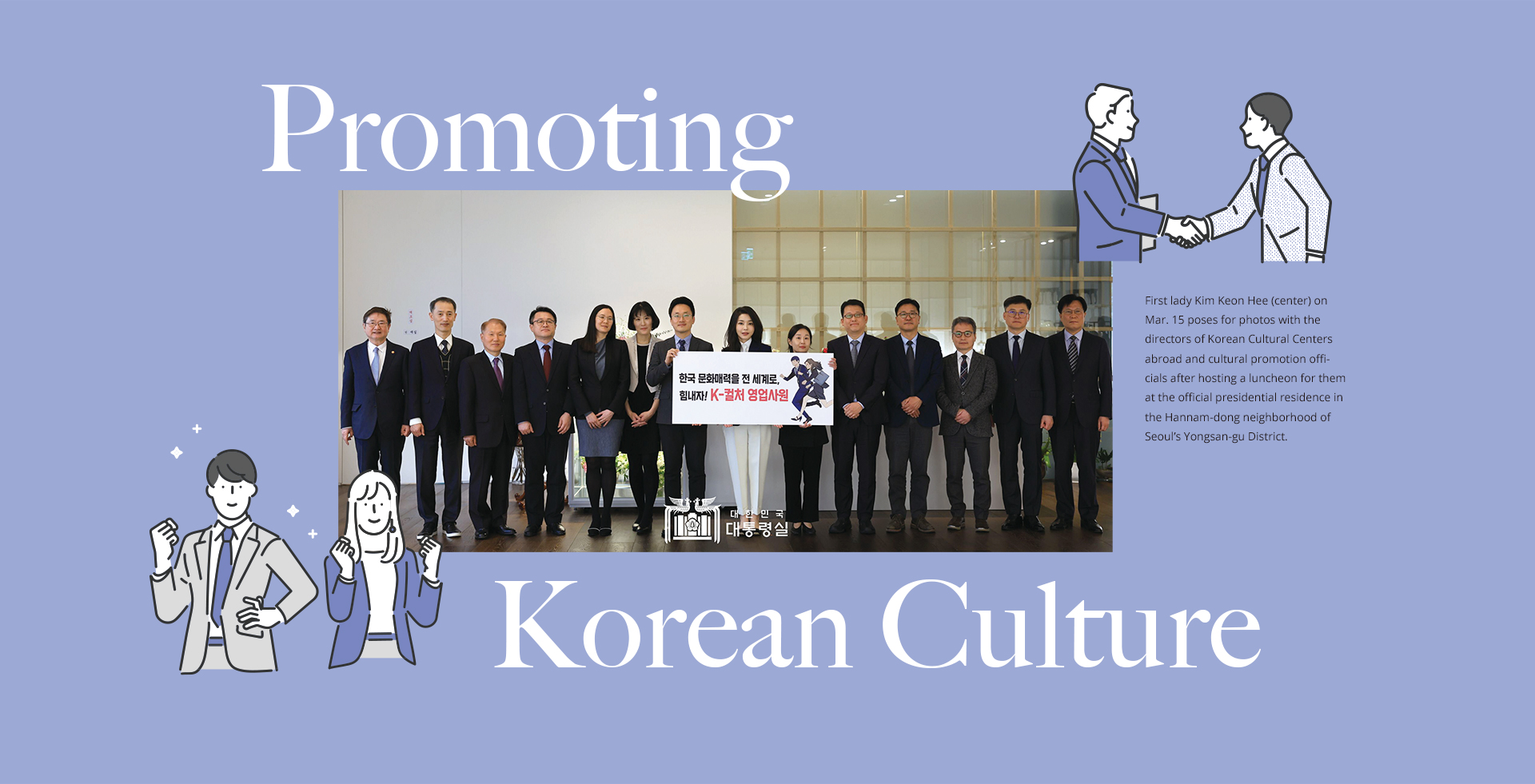
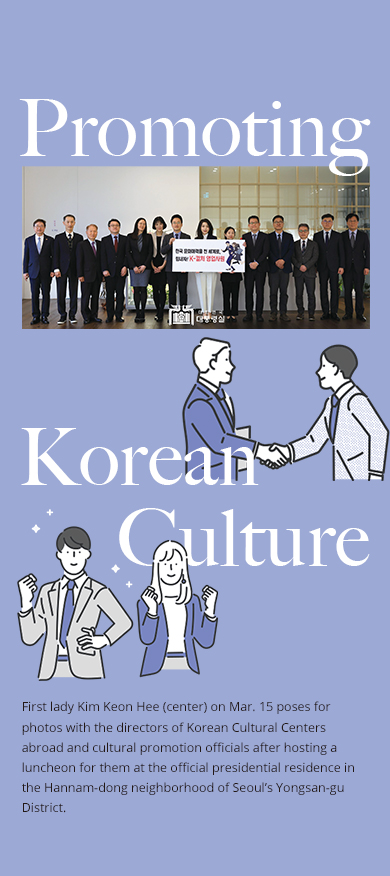
Photo courtesy of Ministry of Environment
Cultivating Sales Representatives for K-culture
The Ministry of Culture, Sports and Tourism hosted the 2023 conference joined by the Overseas Korean Cultural Center Director and Cultural Promotion officials at the KOCIS Center (Seoul) from Mar. 14 to 17. The conference was joined by 28 Korean Cultural Center directors and five Cultural Promotion officials who promoted and raised awareness on Korean culture (K-culture) in 29 countries worldwide.
First established in Tokyo and New York in 1979, the Korean Cultural Centers are at the forefront of the country’s efforts to spread and promote K-culture globally. Currently, Korea operates 33 centers in 28 countries, with two new centers set to open in Austria and Sweden. Korean Cultural Centers in each host country comprehensively consider the citizens’ preferences, their interest in Korea and other local circumstances to introduce K-culture and Korea’s government policies through various channels, such as exhibitions, performances and related activities.
The Korean Cultural Centers lay the groundwork for Korean culture and art professionals to access the global market via overseas concerts and exhibitions by providing diverse support. They also promote the export of Korean content, including films, TV shows, webcomics and computer games.
During the conference, the Korean Cultural Center directors and Cultural Promotion officials shared their successful experiences as promoters of K-culture export and participated in various programs to further enhance their capabilities. On Mar. 14, the participants also shared success stories on the field during the workshop presided over by the MCST minister.
The success stories presented during the workshop include the Korean Cultural Center Belgium’s “Global Brand Marketing for K-classic” and the Korean Cultural Center South Africa’s “Collaboration among Artists with Disabilities to celebrate the 30th Anniversary of the Korea-South Africa Diplomatic Relationship.” The Korean Cultural Center Singapore gave a presentation on Hanji (traditional Korean paper) exhibition held during the Jeonju Hanji Culture Festival, one of the largest festivals in the country.
The conference aimed to enable the participants to develop a shared understanding on the direction of the government’s PR efforts for its national policies, as well as the latest trends in global politics and policies on foreign affairs. Moreover, the conference included two expert lectures to enhance the role of Korean Cultural Centers as the forward operating bases for K-content. It also allowed participants to discuss ways to jointly support the export of K-content, improve Korea’s global image and ultimately increase the export of Korean products.
 View of all
View of all